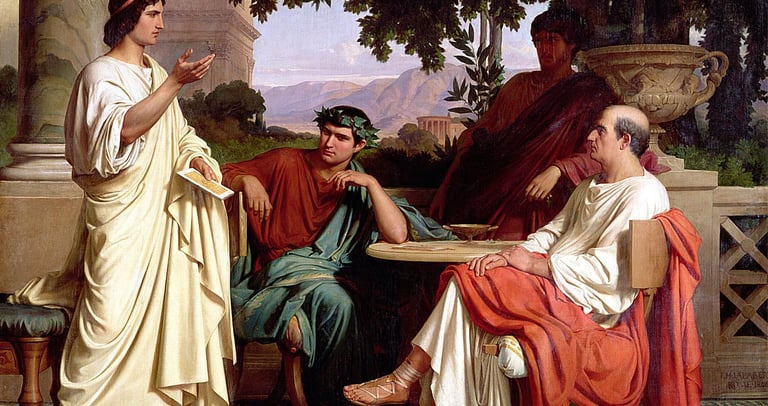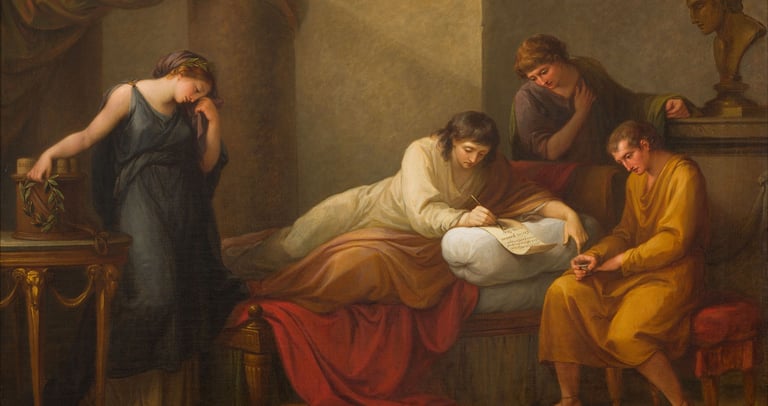Information for Editors
Welcome to the editorial team for Our Aeneid! This project wouldn’t be possible without careful, thoughtful editors who ensure that each translator’s voice is clear, supported, and consistent with the spirit of the work. If you're passionate about Latin, flexible in your reading of texts, and excited by collaborative publishing, we’d love to work with you.
Your role is to help translators express their vision faithfully and effectively. For each translation, you’ll read the translator’s submission, commentary, and any provided literal English version (if the main translation is in another language). You’ll review for clarity, coherence, and general alignment with the Latin source, offering gentle suggestions or questions if something is unclear or seems to stray from the intended meaning. Your goal is to help polish the piece without rewriting the translator’s voice. Our aim is not perfect uniformity—it’s a rich, multilingual tapestry of perspectives.
How does the editing process work?
You will be assigned batches of 5–10 submissions at a time. Assignments will be based on your language proficiency, editorial background, and familiarity with Latin. We will provide a structured template for review and communication with translators. Once reviewed, submissions will be marked ready for layout and formatting. We expect editors to respond thoughtfully and within a reasonable timeframe (usually 2–3 weeks per batch).
How will editors be credited?
All editors will receive credit in the published book (individual name or organization, as preferred). If funding allows, we aim to provide a modest honorarium per batch of submissions edited. For example, $25–$50 per 5–10 line group, depending on funding and donation tiers. Compensation details will be clarified prior to assigning editorial work and will be scaled depending on the final project budget.
Who can be an editor?
We are looking for editors who are experienced in Latin—ideally with familiarity with the Aeneid—and who bring a flexible, open-minded approach to this collaborative and creative project, which is not a traditional scholarly edition. Editors should be comfortable working with different styles, tones, and languages; have taught or tutored Latin at any level; and be able to read Latin epic poetry while recognizing variant interpretations. Experience providing constructive editorial feedback is important, and we especially welcome those with backgrounds in multilingual or cross-cultural translation contexts, as well as those interested in helping manage less commonly spoken languages.




